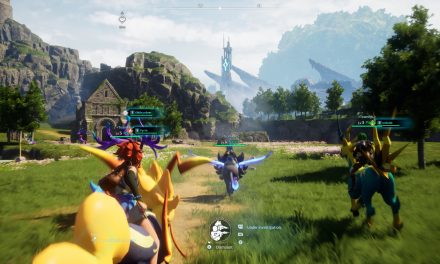Photo by Markus Spiske on Unsplash
Ubisoft may be on the verge of breaking up part of itself. A new Bloomberg report suggests the company is considering a standalone unit for its most profitable titles, Assassin’s Creed being the headliner. While there’s been no confirmation of how far along things are, Ubisoft hasn’t denied the move. Its recent statements about exploring “transformational strategic and capitalistic options” leave little doubt that something is shifting behind the curtain. Tencent is already in the mix, according to sources familiar with the talks.
This comes during a rough stretch for mainstream game publishers. Some of the most hyped launches of the past year ended in disappointment. Others arrived technically broken or half-finished. Across the board, gamers seem less willing to tolerate shallow mechanics dressed up with cinematic trailers.
Attention is also being pulled in new directions. Streaming platforms and sports broadcasts continue to grow, but online gambling has had the biggest impact. As gambling expert Carlos De Lanuza pointed out recently, Bitcoin casinos with instant withdrawals are carving out a niche with younger adult players. Their fast payouts, constant promos, and slot libraries built for quick sessions are hitting the same dopamine level once occupied by open-world completionists.
Ubisoft’s response hasn’t been loud, but it has been deliberate. Insiders say the publisher is gauging investor interest in a minority stake for the proposed IP unit. The idea is to drive up the value of its tentpole series by placing them in a structure that investors can view in isolation. It also opens the door to outside capital without losing creative control.
Tencent already owns part of Guillemot Brothers Limited, the family-run holding company behind Ubisoft. That firm controls about 20 percent of Ubisoft’s voting rights and roughly 15 percent of the company’s shares. Any deeper move by Tencent wouldn’t come out of nowhere.
If the unit goes ahead, Ubisoft could follow a model not unlike what other media companies have used, concentrating top assets into separate arms to unlock better financing options. It could also make it easier to spin off or sell those assets in the future, should the right deal come along. For now, the plan appears to be about attracting money, not surrendering control.
When Bloomberg asked Ubisoft for more clarity, the company didn’t bite. It simply pointed to its latest earnings report, which laid out a plan to reduce fixed costs by over €200 million by fiscal year 2025–26. That’s compared to 2022–23 levels. A team of outside advisors is now working with Ubisoft’s leadership, and independent board members have been tasked with overseeing the review. No deal has been confirmed, but there’s clearly more happening than Ubisoft is letting on.
Internally, the company has already started tightening its release slate. Flagship titles now go through a higher bar of review, while smaller or experimental projects are being put on hold or cancelled entirely. Investors have noticed. So have longtime fans, who’ve grown frustrated with sequels that feel more like an obligation than an innovation. If Ubisoft’s proposed unit gets the green light, it could mark a real shift, not just in how the company is structured, but in how seriously it treats its top properties moving forward.










![[Rumor] Chrono Trigger remake or remaster could already be in development](https://vgleaks.com/wp-content/uploads/2026/02/chrono-trigger-150x150.jpg)


